PREVIEW
Guests heard on Volume 160
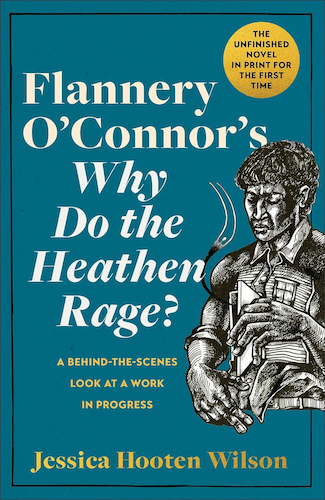
Jessica Hooten Wilson, author of Flannery O’Connor’s Why Do the Heathen Rage: A Behind-The-Scenes Look At A Work In Progress, on Flannery O’Connor’s unfinished third novel (Archive Feature available)
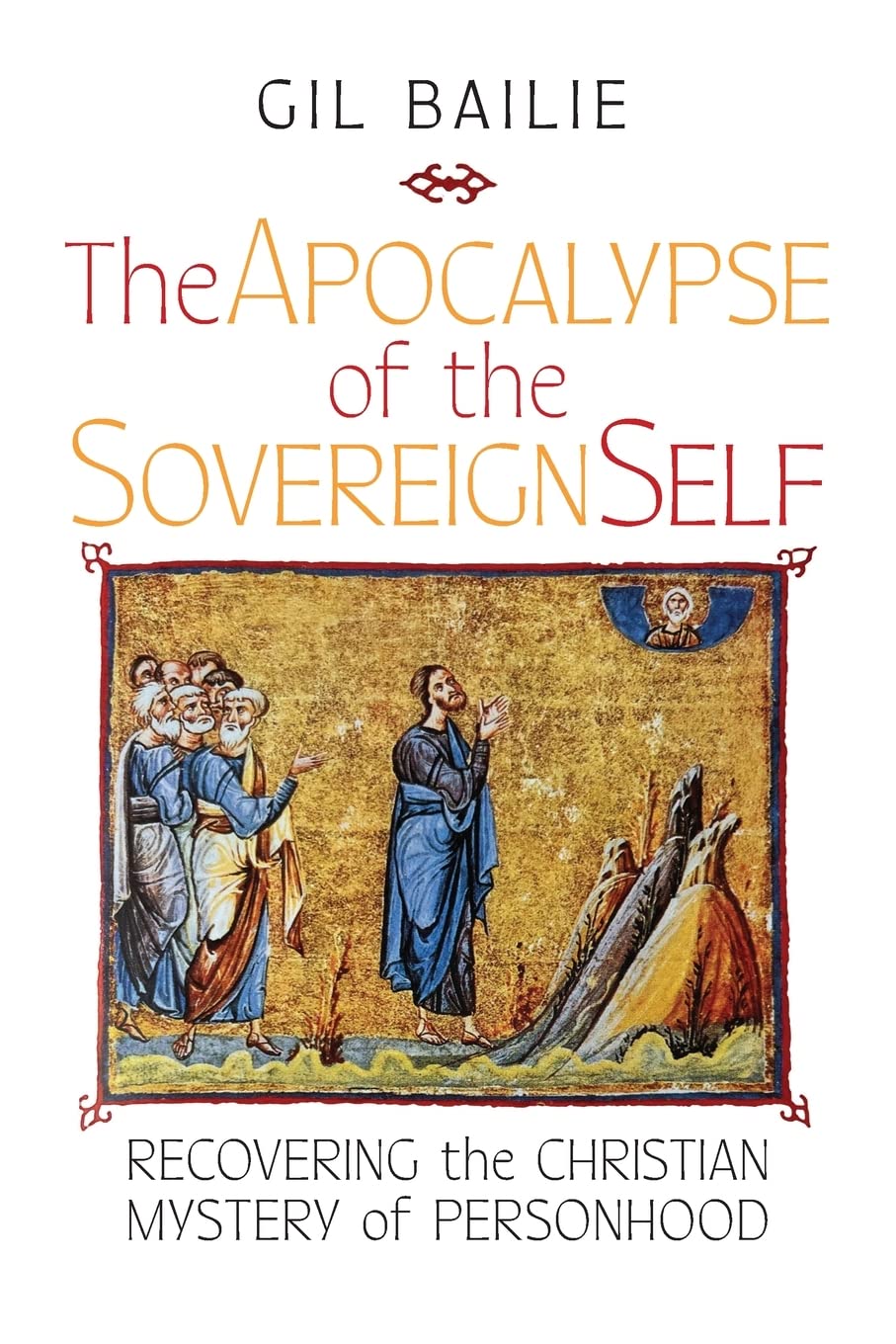
Gil Bailie, author of The Apocalypse of the Sovereign Self: Recovering the Christian Mystery of Personhood, on the crisis of personhood and the denial of the truth of human nature
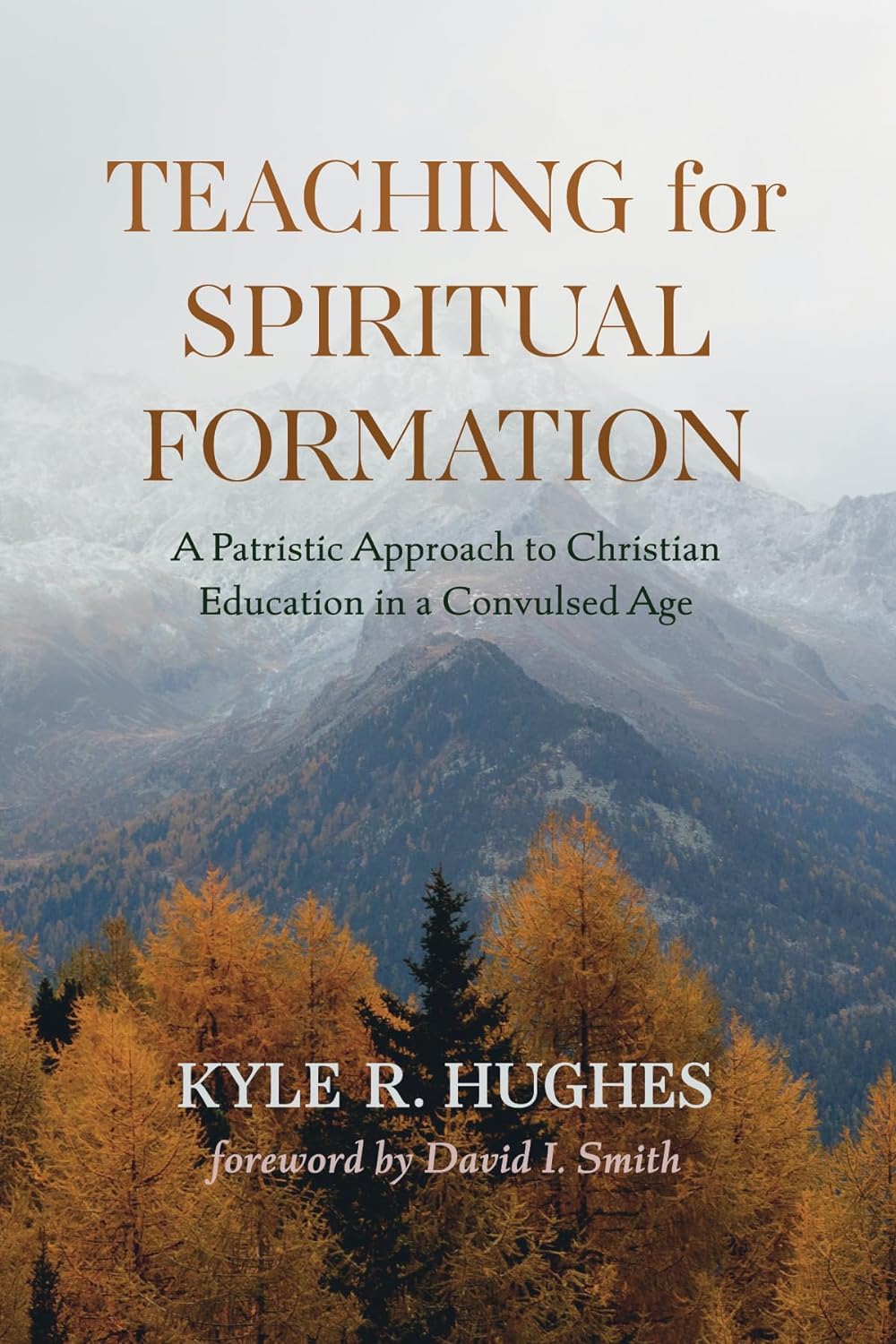
Kyle Hughes, author of Teaching for Spiritual Formation: A Patristic Approach to Christian Education in a Convulsed Age, on education as spiritual formation
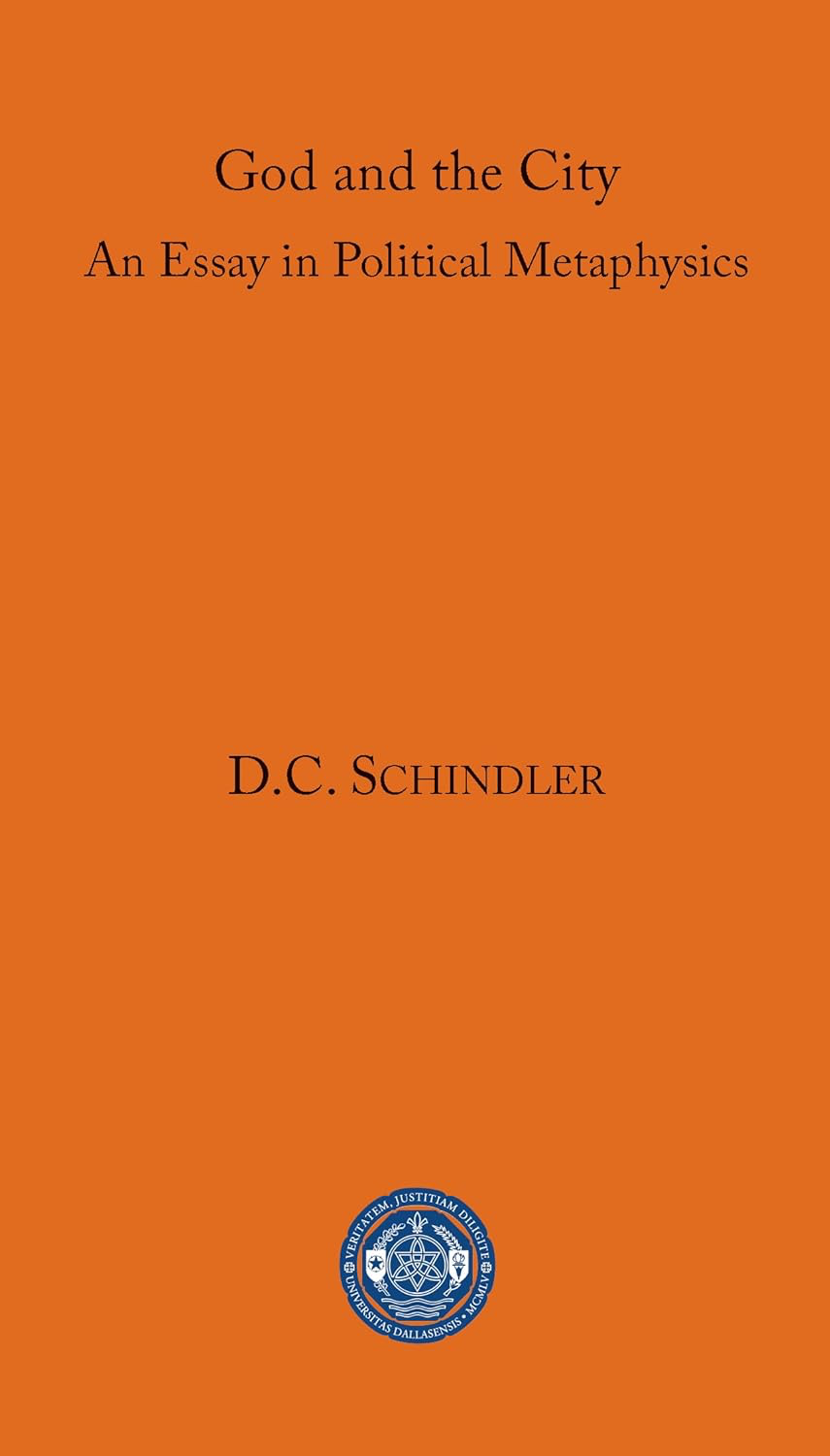
D. C. Schindler, author of God and the City: An Essay in Political Metaphysics, on politics and the Good (Archive Feature avaliable)
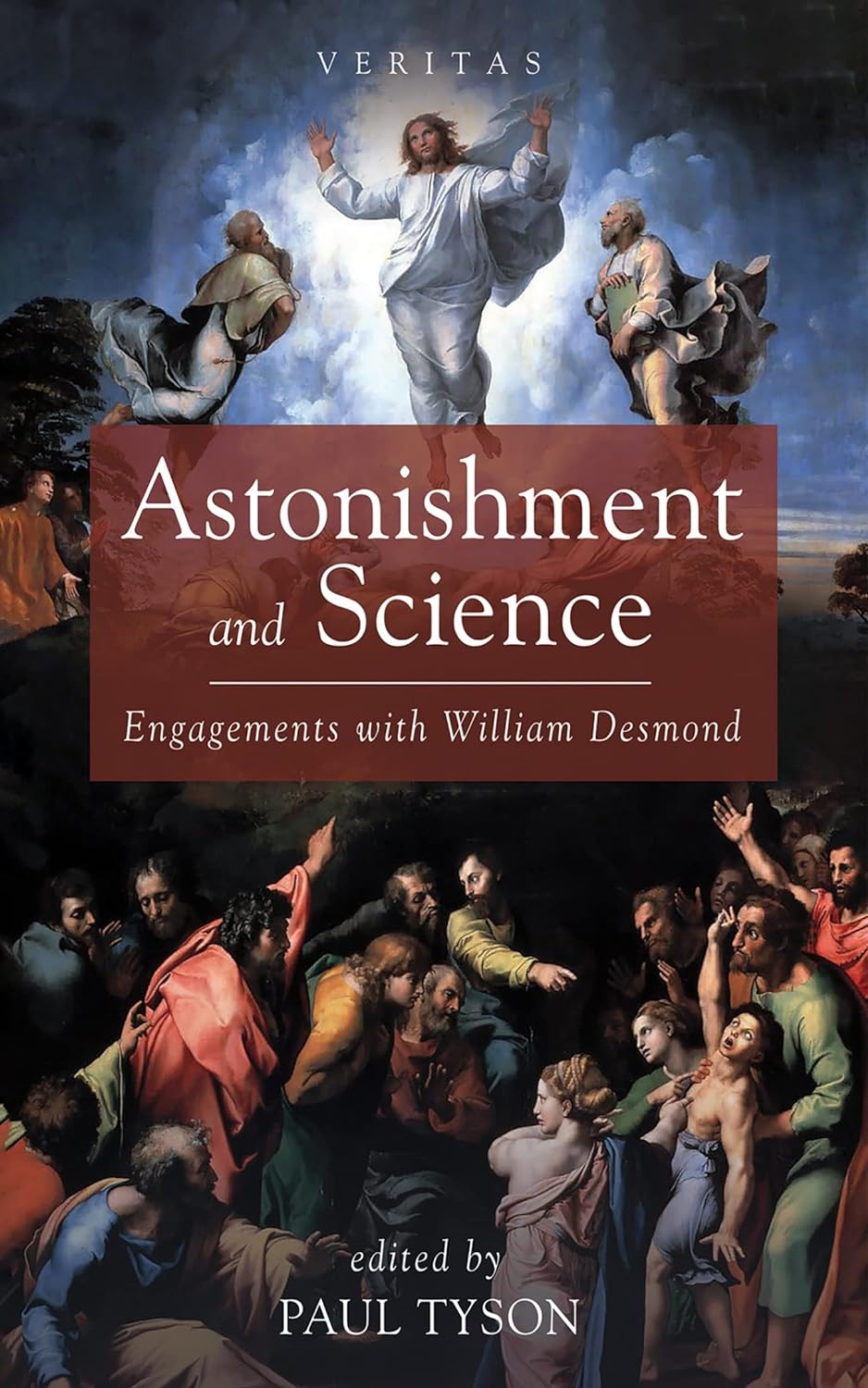
Paul Tyson, editor of Astonishment and Science: Engagements with William Desmond, on philosopher William Desmond’s sense of wonder
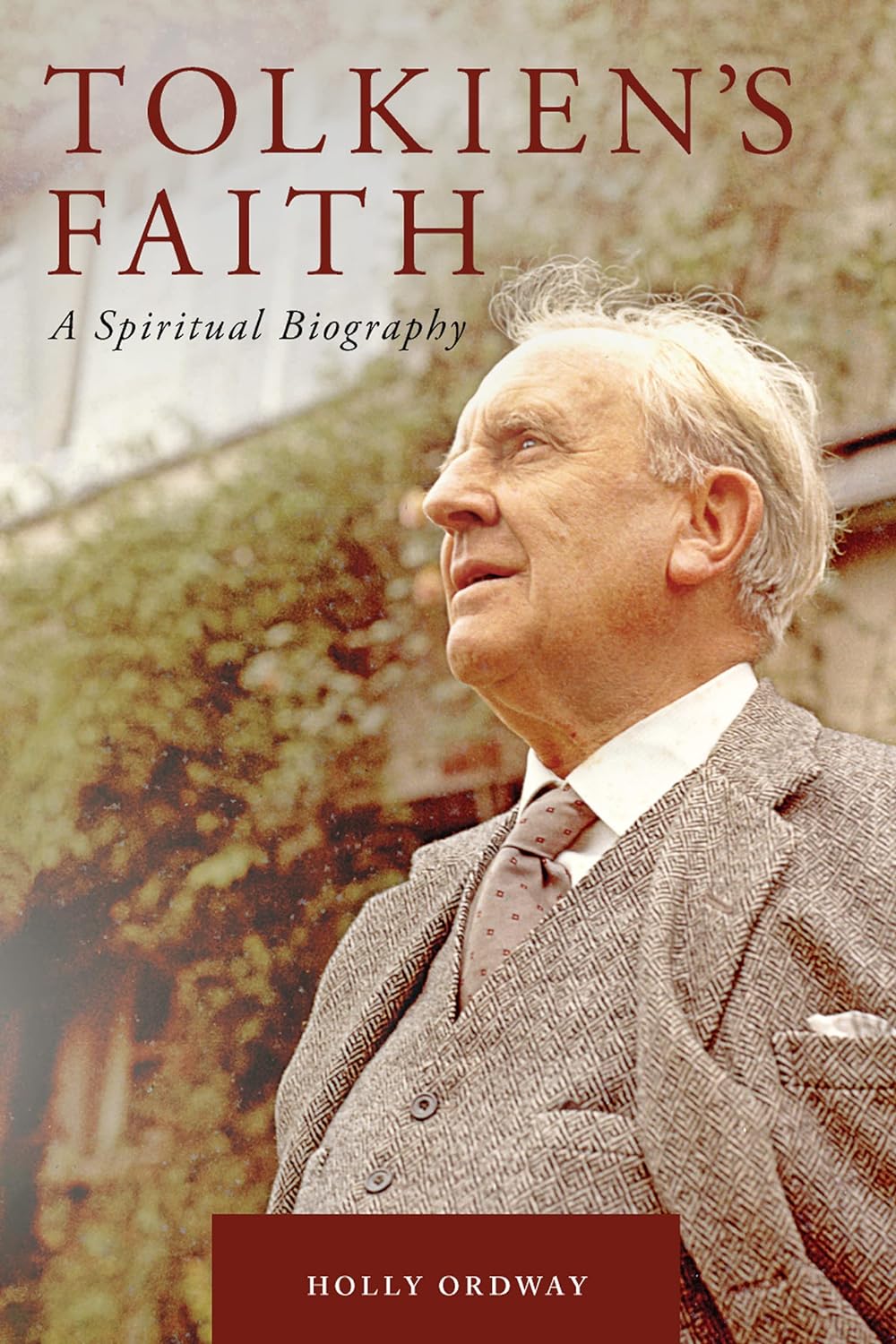
Holly Ordway, author of Tolkien’s Faith: A Spiritual Biography, on the religious life of J. R. R. Tolkien, from early formative influences to a mature, “hard won” faith
Related reading and listening
- The hatred of logos — D. C. Schindler draws on Plato to argue that in its very form, social media evidences a general contempt for logos — reason and language — which defines man. (26 minutes)
- Politics and the good —
FROM VOL. 160 D. C. Schindler argues that political order cannot be disentangled from the social, and that fundamental questions of what humans are and what the good is cannot be bracketed from politics. (30 minutes) - The collapse of public life —
FROM VOL. 154 D. C. Schindler explains how liberalism sought to make way for individuals to function together without any orientation to an explicit common good. (37 minutes) - Truth, goodness, and beauty (and why they matter) —
FROM VOL. 147 Philosopher D. C. Schindler examines how postmodernism poses a unique threat to our sense of an interior self. (28 minutes) - The interiority of reality —
FROM VOL. 132 D. C. Schindler discusses the thought of contemporary German philosopher Robert Spaemann, and his defense of a purposeful structure in nature. (28 minutes)) - The dramatic ecstasy of reason —
FROM VOL. 120 D. C. Schindler argues that the Enlightenment was not wrong for giving too much to reason; it was wrong in endorsing an impoverished conception of reason. (19 minutes) - Speaking the word in love — In this lecture, D. C. Schindler examines core insights from Ferdinand Ulrich on the central vocation of man and the meaning of being. (32 minutes)
- The profound drama of human sexuality — In this lecture, D. C. Schindler explains the cosmological significance of human sexuality and why it is paradigmatic of the relationship between nature and freedom. (32 minutes)
- Personhood and the gift of the self — In this lecture, D. C. Schindler examines the concept of self-gift which was central to Karol Wojtyła’s thought. (39 minutes)
- Governments officially committed to ignorance — In this lecture, D. C. Schindler explains why authority, properly understood, is essential to genuinely human life. (39 minutes)
- Learning from experience — Flannery O’Connor on belief and experience
- Hillbilly Augustinian — Ralph Wood on Flannery O’Connor’s refusal to adapt her fiction to the national temper
- The grotesque and the transcendent — Christina Bieber Lake on why Flannery O’Connor’s readers have to work
- Flannery at 100 — In honor of Flannery O’Connor’s 100th birthday, we have gathered here an aural feast of interviews with O’Connor scholars and aficionados discussing her life, work, and faith. (3 hours, 28 minutes)
- Insights into O’Connor’s development as a writer —
FROM VOL. 160 Jessica Hooten Wilson discusses her experience studying and organizing Flannery O’Connor’s unfinished third novel, Why Do the Heathen Rage? (27 minutes) - Metaphysics and sub-creation —
FROM VOL. 144 Jonathan McIntosh claims that scholarship has tended to ignore the depth of St. Thomas Aquinas’s influence on J. R. R. Tolkien’s work. (28 minutes) - Liberalism’s self-destructive dynamic — T. S. Eliot on the social need to move toward something and not just away
- A richer, deeper view of human dignity —
FROM VOL. 98 Moral philosopher Gilbert Meilaender examines the question of human dignity and its place within political discourse. (25 minutes) - Countering American apathy toward history —
FROM VOL. 124 Historian John Fea discusses how American and Protestant individualism continues to influence our orientation toward the past. (22 minutes) - The fraught marriage of liberty and equality — In this essay, Patrick Deneen examines Alexis de Tocqueville’s complex and insightful portrait of “democratic man” living in the context of perpetual societal tension between the excesses of liberty and equality. (39 minutes)
- Education that counters alienation — In this lecture, Jeanne Schindler explores how digital technologies warp not only education but our experience of being human. (30 minutes)
- Education vs. conditioning — Education necessarily involves metaphysical and theological preconditions, and Michael Hanby argues that our current education crisis is a result of society rejecting these preconditions. (41 minutes)
- Knowing by heart — D. C. Schindler reflects on Plato’s idea of “conversion” in education, assuming the symbol of the heart as the center of man. (39 minutes)
- Laity as the “muscle” behind world-building — Andrew Willard Jones calls for the renewal of a robust understanding of the role of the laity in actively shaping the world. (39 minutes)
- Education as a pilgrimage and a mystery — In this lecture, James Matthew Wilson gives a compelling argument for understanding the role of a literary or poetic education as an immersion of the whole being in truth and beauty. (43 minutes)
- Submission to mathematical truth — In this lecture, Carlo Lancellotti argues that integration of the moral, cognitive, and aesthetic aspects of mathematics is needed in a robust liberal arts mathematics curriculum. (25 minutes)
- How fantasy restores the world — In this 2019 lecture, Alison Milbank shows how fantasy can help restore to us a vision of human flourishing that counters the atomization and meaninglessness of modern life. (43 minutes)
- The gift of meaningful work — In this lecture, D. C. Schindler argues that genuine work is inherently meaningful and facilitates an encounter with reality and therefore, ultimately, with God. (36 minutes)
- The political wisdom of Edmund Burke —
FROM VOL. 28 Daniel Ritchie discusses the enduring political wisdom of British statesman and political thinker Edmund Burke (1729–1797). (13 minutes) - Sacramental preaching —
FROM VOL. 135 Hans Boersma discusses why we should recover a patristic way of preaching and reading scripture. (23 minutes) - What higher education forgot —
FROM VOL. 84 Harry L. Lewis discusses higher education’s amnesia about its purposes, and how that shortchanges students. (19 minutes) - The formation of affections —
FROM VOL. 101 James K. A. Smith explains how education always involves the formation of affections and how the form of Christian education should imitate patterns of formation evident in historic Christian liturgy. (15 minutes) - A Christian philosophy of integrated education —
FROM VOL. 61 Michael L. Peterson discusses how Christianity could inform society’s understandings of education and human nature. (8 minutes) - Education for human flourishing — Co-authors Paul Spears and Steven Loomis argue that Christians should foster education that does justice to humans in our fullness of being. (23 minutes)
- The social irrelevance of secular higher education —
FROM VOL. 85 Professor C. John Sommerville describes the increasingly marginal influence of universities in our society, and why they seem to be of no substantive relevance to people outside the school. (13 minutes) - The history of Christianity and higher education —
FROM VOL. 50 In tracing Christianity’s relationship to the academy, Arthur F. Holmes points to Augustine as one of the first to embrace higher learning, believing God’s ordered creation to be open to study by the rational mind of man. (9 minutes) - “A society of friends at work” — Political philosopher Andrew Willard Jones lays out a robust vision for a just society in which virtues are formed in an analogical manner through relational obedience and trust. (71 minutes)
- Is liberalism compatible with religious freedom? — D. C. Schindler relies on two Thomistic axioms to illustrate why liberalism — which claims to offer a minimalist conception of the common good — is ultimately incompatible with a Catholic understanding of religious freedom. (34 minutes)
- In praise of a hierarchy of taste — In a lecture at a CiRCE Institute conference, Ken Myers presented a rebuttal to the notion that encouraging the aesthetic appreciation of “higher things” is elitist and undemocratic. (58 minutes)
- Prudence in politics —
FROM VOL. 146 Henry T. Edmondson, III talks about Flannery O’Connor’s understanding of political life, which was influenced by a range of thinkers including Aristotle, Thomas Aquinas, Eric Voegelin, and Russell Kirk. (19 minutes) - Flannery O’Connor and Robert Giroux —
FROM VOL. 147 Biographer and priest Patrick Samway talks about the relationship between fiction writer Flannery O’Connor and the legendary editor Robert Giroux. (21 minutes) - The dangers of the life of the mind — Robert H. Brinkmeyer, Jr., on why Flannery O’Connor encouraged the cultivation of “Christian skepticism”
- Remembering Miss O’Connor — Literary critic Richard Gilman shares impressions of his relationship with Flannery O’Connor
- God is in the details — Flannery O’Connor on why stories rely on the particularities of reality
- The artist’s commitment to truth — Fr. Damian Ference, author of Understanding the Hillbilly Thomist, explores the depths to which Flannery O’Connor was steeped in Thomistic philosophy. (18 minutes)
- Flannery O’Connor and Thomistic philosophy — Fr. Damian Ference explores the depths to which Flannery O’Connor was steeped in Thomistic philosophy, as evidenced by her reading habits, letters, prayer journal, and, of course, essays and fiction. (48 minutes)
- St. Irenaeus against the Gnostics — In this reading of an essay by theologian Khaled Anatolios, St. Irenaeus is remembered for his synthesis of faith and reason. (52 minutes)
- Friendship and life together — In a lecture at Providence College, Ken Myers explores how the concept of friendship, which used to be central to political philosophy, was banished from considerations of public life as the state was exalted over society. (53 minutes)
- How music reflects and continues the created order — Musician, composer, and teacher Greg Wilbur explores how music reflects the created order of the cosmos. (55 minutes)
- On wonder, wisdom, worship, and work — Classical educator Ravi Jain dives deeply into the nature, purpose, and interconnectedness of the liberal, common, and fine arts. (43 minutes)